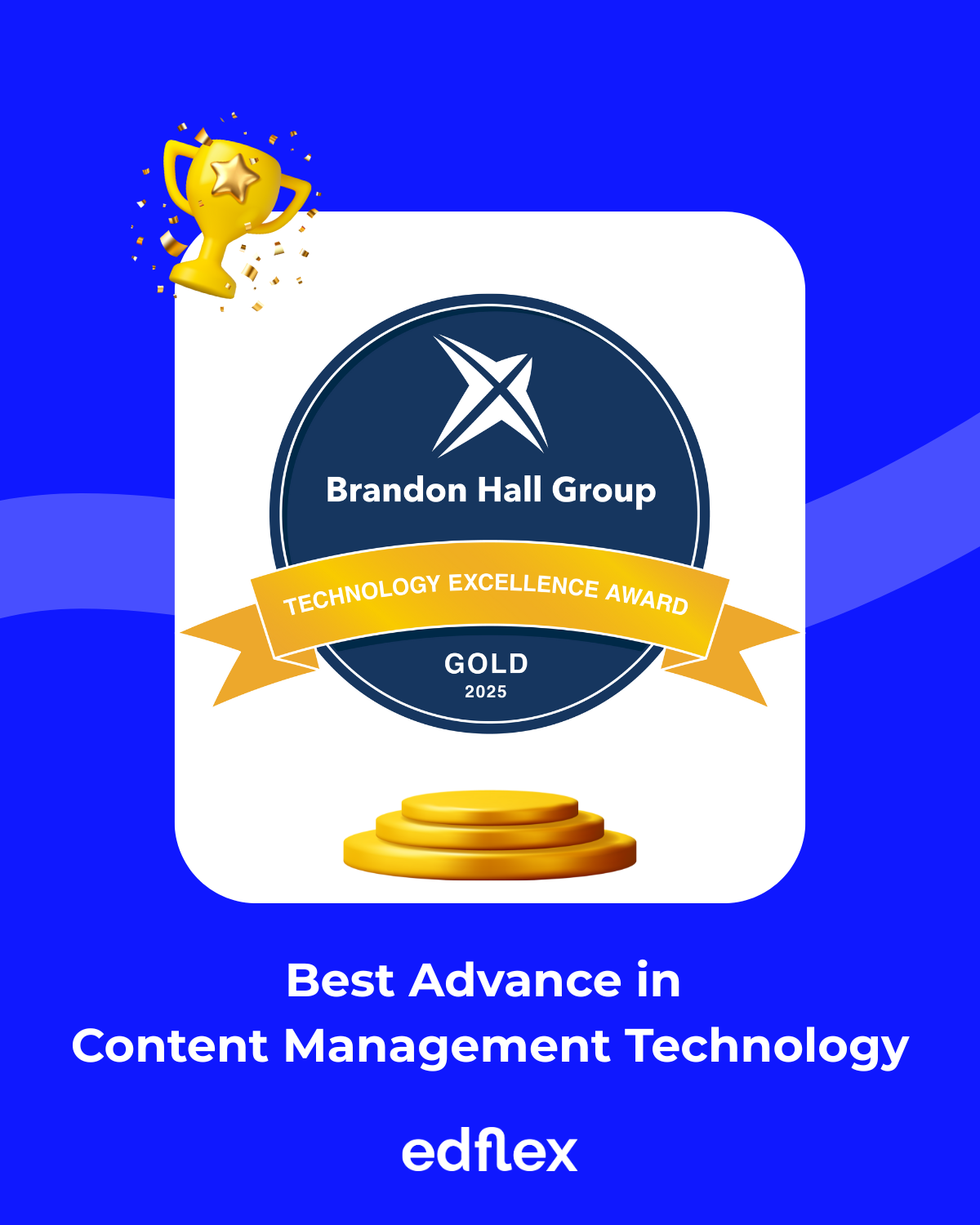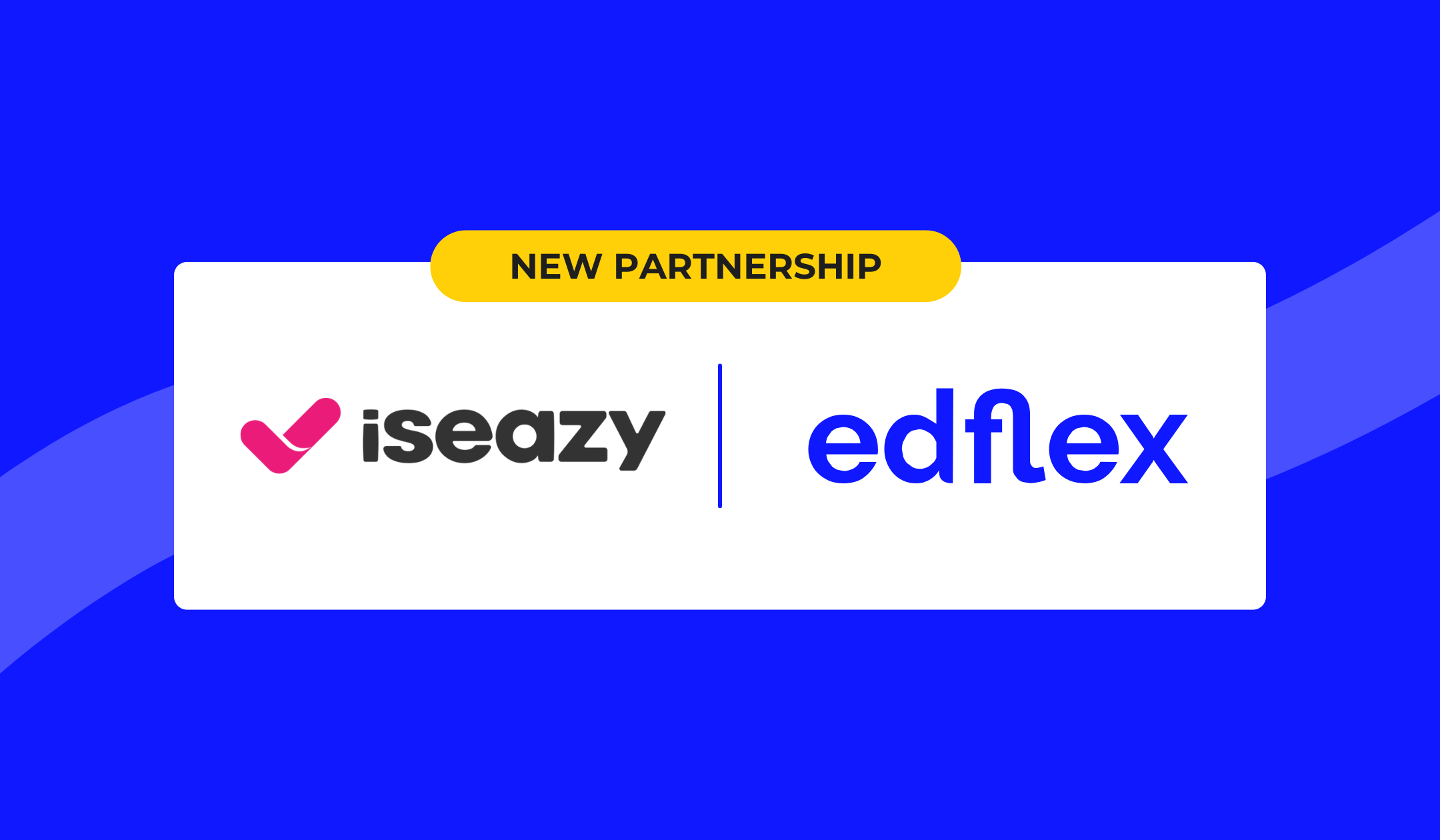It came out last week: Open AI unveiled its new project, Sora, a video generator. According to the start-up, already at the head of ChatGPT, “Sora can create videos of up to 60 seconds long featuring highly detailed scenes, complex camera movements, and multiple characters with vibrant emotions.” It can be based on a prompt, an image or an already existing video. While the current version is still being tested, the realism of the videos already shared is astonishing! This new technological feat reminds us that AI still has a lot to offer us. What's important is what you do with it.
This is precisely the vision we share with you in this article: the future of artificial intelligence in the field of learning. Where are we and what can we expect?
The arrival of AI in learning
Artificial intelligence is revolutionizing learning professions in a radical way, offering unparalleled opportunities to improve our teaching practices. This transformation, well exploited, promises to redefine the landscape of learning, the relationship with technology, and the responsibilities of the actors involved, whether in the professional or academic world. Moreover, the artificial intelligence learning are multiplying.

Demystifying AI
In 1997, an IBM computer beat a human for the first time in a game of chess, played against Daniel. At the time, a computer that won a game of chess against a human caused a huge controversy. We were already imagining the end of this strategy game. This iconic victory illustrates the initial reaction of fear and questioning to AI. However, twenty years later, it is clear that AI has contributed to raising the level of competition in this field. In fact, this is what the chess grandmaster Magnus Carlsen testifies, who says that he has never played against such good players. Why? They were trained with artificial intelligence, playing against computers.
Likewise, in other areas of daily life, services such as series or movie recommendations on Netflix attest to the benefits of AI, as long as it is used wisely.
What is the status of AI today?
“Nine times that's the estimated growth in AI use between 2022 and 2032. For me, the first time I saw this statistic, it shocked me. When I saw that in 2022, there was already $1.6 billion spent on artificial intelligence learning, I thought it was huge!” - Testimonial by Alexandre Lect, CEO of edtake, in our webinar Learning trends identified at French exhibiton Learning Technologies Paris 2024
Technically, we are currently in the field of narrow AI (ANI), where systems specialize in specific tasks such as generating text or images. Notable examples include tools like ChatGPT, Bard, or Mistral, the latter being a French challenger with remarkable adoption. The numbers reveal a significant upward trend in the use of AI in learning, underlining its growing importance.
The applications of AI in learning

AI has applications at all stages of the lear ninglifecycle.
- AI-assisted design: it significantly reduces the time needed to analyze and appropriate content. We are finding more and more, and we are no exception since we offer the support of Edflex Assistant, our first AI assistant.
- Personalized support for learners: it was addressed first. The aim here is to guide a learner in his learning path through content recommendations.
- The work environment: the emergence of AI tutors raises the question of how they will come to support learners on a daily basis to help them learn better.
“Now that we use these tools: we gain in efficiency, we gain in time, we may also sometimes gain in the quality of service. But what are we going to do with the time saved? And how are we going to refocus on what won't be replaced by AI?” - Testimonial by Yannig Raffenel, Conference Director at Learning Technologies Paris, in our webinar Learning trends identified at French exhibition Learning Technologies Paris 2024
AI promises to improve the efficiency and quality of learning.
The limits of artificial intelligence
However, it is essential to recognize the limitations of AI.
Despite its capabilities, it cannot replace humans in certain crucial aspects of learning, in particular the qualification of needs, the assessment of the relevance of content, or the ethical and responsible management of projects.
Therefore, it is imperative to maintain ethical vigilance and not lose sight of the human aspects of learning. The profession is enriched thanks to AI, like all technological innovations, provided you are trained and alerted to its limits.

The issue around ethics in the use of AI
In Europe, AI regulations aim to protect the rights and privacy of individuals, thus providing an ethical framework for the development and use of these technologies. At a time when ethical and environmental concerns are gaining in importance, it is essential to integrate these considerations into our educational practices and technological choices.
The European Commission created a charter of ethics by working in a fairly avant-garde way to create major principles of non-discrimination. One of these regulations aims to require AI users not only to specify the sources, but to write that the items were produced by AIs. This allows for an extremely high level of control, risk and data transparency.
The question around the use of AI in business, with all the GDPR regulations, is a real challenge that is still too little addressed. It also relates to the concept of eco-responsibility and the consequences in terms of carbon impact.
Thus, AI represents a major opportunity for the future of learning, provided it is used in a responsible and ethical manner. It is time to embrace these technological advances while remaining aware of the challenges and responsibilities they involve.



















